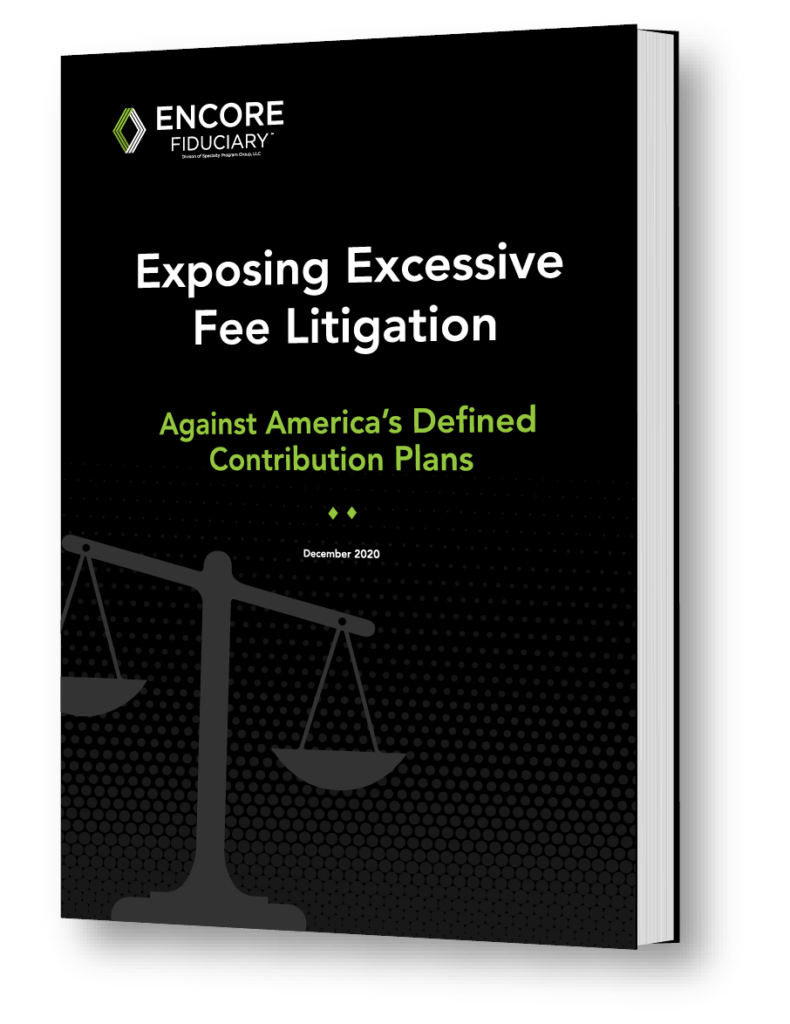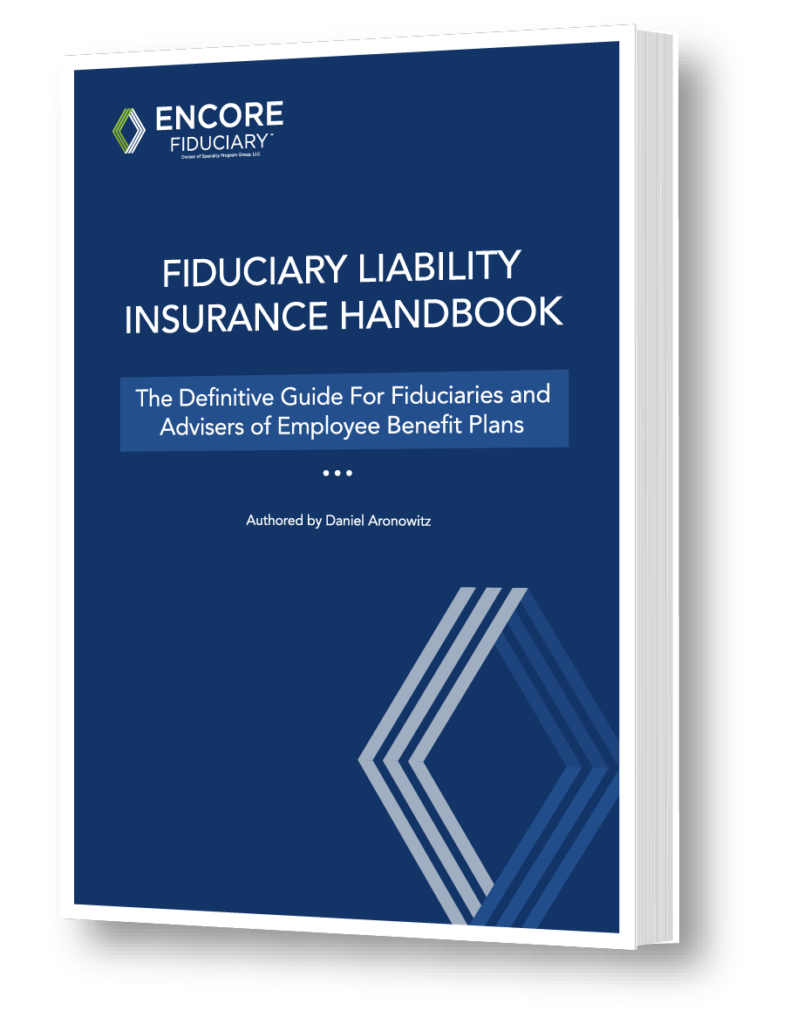The ERISA-mandated recourse provision discussed in the preceding section – which applies if the fiduciary insurance is paid out of plan assets – means that a breaching fiduciary’s personal assets would still be at risk for all losses caused by the fiduciary notwithstanding the fiduciary insurance policy. To prevent the right of the insurer to recoup any payments from the individual fiduciary, therefore, the fiduciary liability insurance policy must include a “waiver of recourse” provision. A waiver of recourse “WOR” provision generally means that the insurance carrier agrees that it will not seek to recover from a fiduciary any payments made by the carrier under the policy to discharge the fiduciary’s liability. The insurance carrier must charge an additional premium for the WOR provision, which cannot be paid with the benefit fund’s assets. Instead, the WOR premium must be personally paid by the fiduciary, or by an employer, the employer association, or a union. Typically, insurance companies charge a nominal twenty-five dollars WOR premium per individual fiduciary since it will normally be paid out of pocket by individuals. While small, this is the most important portion of the policy premium for a trustee to pay
PRACTICE POINTER
It is very common for trustees to resign and be replaced during a policy term. The question often arises whether the replacement trustee needs to pay a new waiver of recourse premium. Most carriers charge WOR premium by the number of trustee positions or seats. Accordingly, a replacement trustee is covered by the WOR paid by the resigning trustee unless a new trustee position has been created. The new trustee, however, will have to pay the WOR premium at the next policy renewal.
Another question is whether WOR should be required for excess policies. If an excess policy is true following form to the primary policy – meaning that it follows all terms and conditions of the primary policy – then WOR should not be required by excess policies. Nevertheless, many brokers are conservative and do not want to create any possibility of personal liability and may advise their clients to pay WOR for each excess layer.
Many benefit fund trustees are volunteers and do not get paid for their service on the plan board, or do not receive additional compensation for sitting on the plan committee of their employer. They often do not want to pay for the waiver of recourse out of their own pocket. But it is essential for this premium to be paid to eliminate personal recourse against you. If they do not want to pay, trustees should ask their employer to pay the waiver of recourse of premium. This is permitted, as the only entity that cannot pay is the plan itself.


